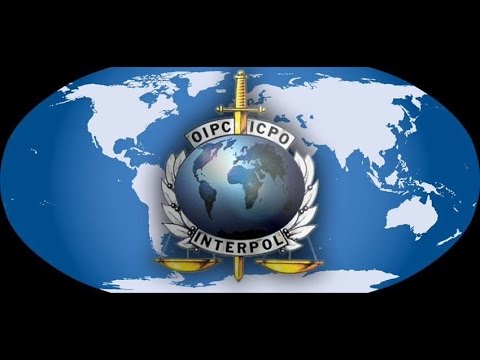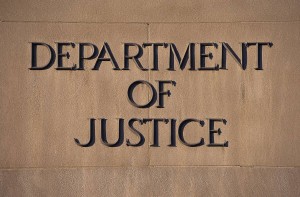Eighteen years after disappearing from his court trial, a fugitive was arrested in Greece and extradited to the U.S. to serve a 10-year-sentence for his involvement in an untaxed diesel fuel scheme.
Gideon Misulovin, 58, whose last known address was in New York City, was extradited from Greece to the United States to serve his 10-year prison sentence. He has been incarcerated since his return on July 16, officials said.
In August, based on an Interpol Red Notice, Misulovin was detained in a Greek airport using an alias and traveling with an Israeli passport. He was subsequently arrested and extradited, officials said.
The evidence at trial established that from 1988 through Jan. 31, 1993, Misulovin and his co-conspirators sold untaxed diesel fuel in a series of paper transactions using wholesale companies.
A former New York businessman disappeared the same day a federal jury sitting in the U.S. District Court in Newark, New Jersey, began deliberating in his tax evasion and fraud trial, according to authorities.
On March 7, 1996, officials said a jury convicted Misulovin of conspiracy to impede and impair the IRS in the ascertainment and collection of more than $6.5 million in federal motor fuel excise taxes, wire fraud and money laundering stemming from a scheme to conceal the unpaid diesel fuel excise taxes from state and federal tax authorities.
During trial, Misulovin was free on $500,000 bail and attended each day of the trial.
He failed to appear in court March 4, 1996, for the parties’ closing arguments.
On June 25, 1997, Judge Dickinson R. Debevoise sentenced Misulovin in absentia to serve 10 years in prison and a three-year term of supervised release, and to pay a $150,000 fine.
The court also ordered Misulovin to pay restitution in the amount of $200,000 to the United States and $100,000 to the state of New Jersey.
Misulovin and his co-conspirators sold untaxed diesel fuel in a series of paper transactions using wholesale companies. Some of the companies were shams and called “burn” or “butterfly” companies.
The sham company would assume the federal and state tax liability and then vanish, allowing the conspirators to keep the excise taxes they collected from truck stops and service stations.
In an effort to infiltrate the bootleg gasoline industry, Motor Fuel Task Force agents set up an undercover business called RLJ Management that competed directly with the defendants’ operation.
At the conclusion of the undercover operation, in November 1992, federal agents seized Misulovin’s assets, including approximately $70,000 in cash from his residence and $277,000 from his business bank account, officials said.
Misulovin’s co-defendant and co-conspirator, Arnold Zeidenfeld, of Brooklyn, New York, plead guilty prior to trial and testified for the government.
Gurmit Singh and Manbir Singh, of Matawan, New Jersey, who operated truck stops in southern New Jersey, also plead guilty for their roles in the scheme.
(Interpol Information Video)


